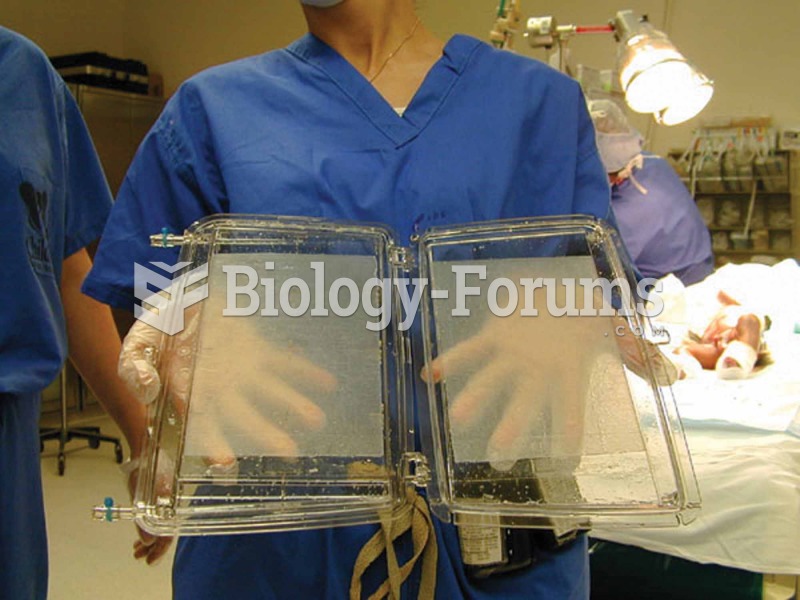Answer to Question 1
B
The skin is normally free of lesions, except for common freckles or age-related changes such as skin tags, senile keratosis (thickening of skin), cherry angiomas (ruby red papules), and atrophic warts. Basal cell carcinoma is most common in sun-exposed areas and frequently occurs in a background of sun-damaged skin; it almost never spreads to other parts of the body. Squamous cell carcinoma is more serious than basal cell and develops on the outer layers of sun-exposed skin; these cells may travel to lymph nodes and throughout the body. Report abnormal lesions to the health care provider for further examination. Edema is an area of skin that becomes swollen or edematous from a buildup of fluid in the tissues. This has nothing to do with cherry angiomas.
Answer to Question 2
B
Feedback
A The older adult should be taught the names of all drugs being taken, when and how to take them, and the desirable and undesirable effects of the drugs.
B The nurse should encourage the older adult to question the physician or pharmacist (or both) about all prescribed drugs and over-the-counter drugs.
C The hepatic system is not the only system responsible for the pharmacotherapeutic s of medication. Older adults are at risk for adverse reactions because of age-related changes in the absorption, distribution, metabolism, and excretion of drugs. Changes in the gastrointestinal system may affect absorption, distribution may be affected by changes in body composition and by reduced serum albumin levels, and changes in kidney functioning may impair excretion.
D The nurse should teach the patient how to avoid adverse side effects and to report them to the care provider if they occur. If the patient is disturbed by minor side effects, it could be an indication of beginning drug toxicity. Another possibility is that the patient may become noncompliant with the medication because of a dislike of how the side effects make him or her feel.






